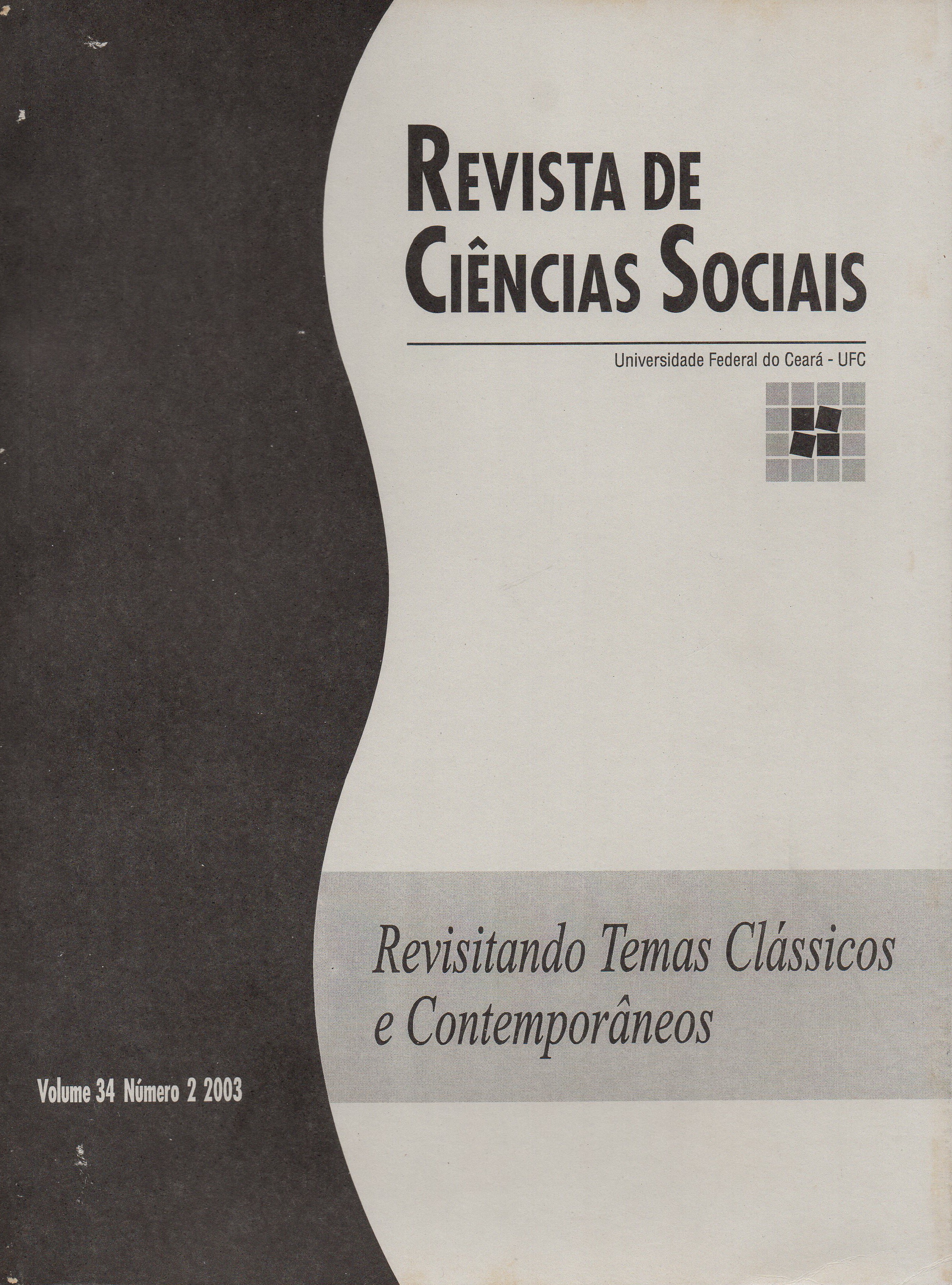PIERRE BOURDIEU AND THE RELIGION: CRITICAL SYNTHESIS OF A CRITICAL SYNTHESIS
Abstract
The objective of the article is to present the contribution of P Bourdieu to the social sciences of the religions, attempting fundamentally for the following subjects: is it possible to speak of" religion" in societies in the ones which the institutional religions they don't exist or in societies in the ones which do weak singularmente meet? Does the notion of religious field continue pertinent in not segmented societies or in societies more and more secularized? The reading of P. Bourdieu's works suggests negative answers to those subjects. The sociological validity of the notion of religious field is limited firstly by the absence of monopolização of the symbolic production in certain agrarian societies and, finally, for lhe growing uncertainty in what concerns notedly to the limits of the field, due, to the appearance of new professions specialized in the " symbolic " work and to the " disjunção " between faith and institutional obedience. The religious field seems to correspond in fact to the western historical religions, notedly the Judaism and the Catholicism analyzed in a dialética between internal relationships and externaI relationships. A definition of the " religion" centered in the" religious "field, that is, in the fights among specialists in its relationships with the global social structure, certainly hinders the study of the religious phenomenons that you/they escape thoroughly to the control of the clergies. It is important to attempt for the " bricolage " of the faiths, the construction of the followerses' lineages during the modernity, the organization in esoterismo amateurs' nets or the non bureaucratic organization of certain pentecostismos as facts that allow relativizar the power of the ecclesiastical institutions
Downloads
Published
How to Cite
Issue
Section
License
Autores que publicam nesta revista concordam com os seguintes termos:- Autores mantém os direitos autorais e concedem à revista o direito de primeira publicação, com o trabalho simultaneamente licenciado sob a Creative Commons Attribution License, que permite o compartilhamento do trabalho com reconhecimento da autoria do trabalho e publicação inicial nesta revista.
- Autores têm autorização para assumir contratos adicionais separadamente, para distribuição não-exclusiva da versão do trabalho publicada nesta revista (ex.: publicar em repositório institucional ou como capítulo de livro), com reconhecimento de autoria e publicação inicial nesta revista.
- Autores têm permissão e são estimulados a publicar e distribuir seu trabalho online (ex.: em repositórios institucionais ou na sua página pessoal) a qualquer ponto antes ou durante o processo editorial, já que isso pode gerar alterações produtivas, bem como aumentar o impacto e a citação do trabalho publicado (Veja O Efeito do Acesso Livre).



